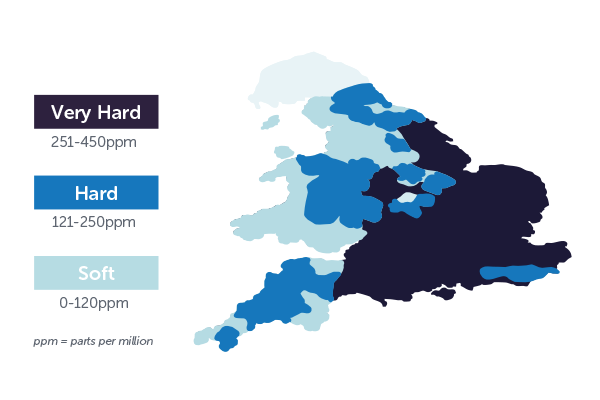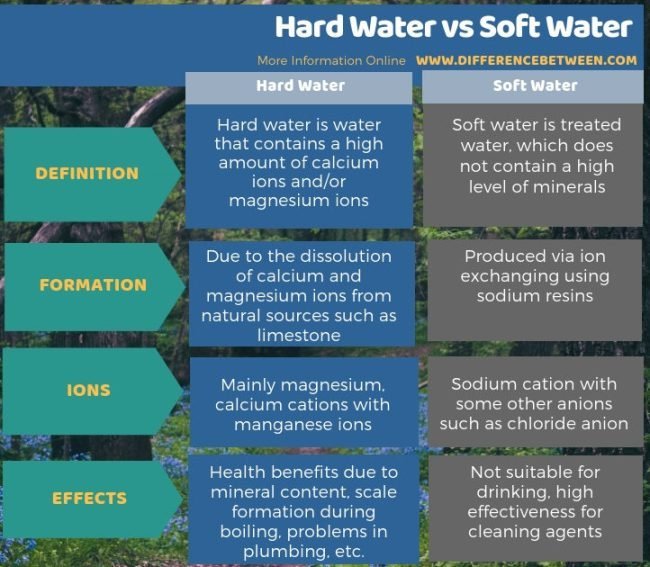The Best Water Choice For Dogs
this first came about because of a fairly recent study by a US pet insurance company called Trupanion that advised the water you give your dog can be linked to urinary issues in dogs. They looked up data and reports on drinking water quality and identified regions with higher hard water ratings as categorized by the Environmental Protection Agency (EPA). After mapping out the hard water regions, they then took a look at their claims data for urinary health conditions among all pets under their insurance and compared the claim payouts to regions around the U.S. with higher hard water ratings. You can see the claim payout data layered on top of the map showing water hardness below. Overall, Trupanion found that they had high claim payout amounts for pet urinary health issues in regions with higher hard water ratings such as Florida, Illinois, parts of Texas and Michigan. The Trupanion data was generated from over 5.5 million pet data points on over 400 cat and dog breeds collected by the company since 2000.
Then there was also the EWG report which found 300 + chemicals and pollutants in water. Things like heavy metals, pesticides, herbicides etc. these are chemicals that can disrupt the endocrine system.
Though this was a US report there is data to suggest this is a global issue. ith the or in particular struggling with iron contamination in the water-Scientists finding a % higher than the legal limit.
So what's the answer?
Well, firstly check the water in your area. you can ask your local water board to send you a water quality report. This will tell you what contaminants are in your local area. It will also tell you if your water is hard or soft.
What’s the difference between soft and hard water?
The characteristics of hard water and soft water are determined by the number of minerals in the water, minerals in the water, measured in milligrams per litre or grains per gallon. Hardness also depends on the pH and temperature of the water.
The following levels may be used to approximate water hardness:
• Soft: 0 – 60 mg/L
• Moderately hard: 61
• – 120 mg/L* Hard: 121
• – 180 mg/L * Very hard: 181 mg/L and above
What’s the solution?
The sustainable option would be to buy a filtration system. The most popular in the Uk is undoubtedly the BRITA jug. The problem is that the Brita only filters out; chlorine, zinc, copper, cadmium and mercury which is an issue if you live in an area where your water is high in lead or iron!
The most affordable filtration jug that does remove 99.8% of contaminants without stripping the good stuff - is the ZERO WATER jug. Just double-check that it filters out the contaminants in your area!
Where I live, the water is hard and so I need a filter (You can download a local water report from your water board). There are several options out there. but ultimately it comes down to what you need to filter out.
Rodney Habib suggests that the solid block carbon filter is the best and possibly the cheapest depending on where you source yours from. Solid carbon filters are very good at removing:
Metals.
Nitrate.
Parasites.
Chemicals.
Pesticides.
Herbicides.
But they do NOT remove minerals that naturally occur in water and are good for you. So they actually “ make water healthier”. The next best would have to be the Berkey as its ability to filter out bacteria with a 99.99999 % effectiveness as well as viruses to a level of 99.9999%. Black Berkey filters remove or reduce pathogenic bacteria, cysts, parasites, viruses, trihalomethanes, pharmaceuticals, inorganic materials such as chlorine, volatile organic compounds, heavy metals, sediment and rust. They also remove odours and unpleasant tastes.
The fluoride/arsenic filter is optional and can remove pre-oxidized arsenic III and arsenic V, fluoride, heavy metals and MTBE. However, like the solid carbon block filters, it will not remove any of the beneficial minerals found in water, so you can be confident that you’re choosing a filter system that will produce great tasting water too. The black filter can remove chlorine as well as MTBE’s, lead and heavy metals up to a level of 95 %. It also doesn't run on electricity it lets gravity do the work and so it is cost-effective.
Some other options;
Of course, you can buy bottled water, but obviously, long term this is not a sustainable or economical option.-there is also the worry of the plastic chemicals leaching into the water- but this is not so much of an issue if you use up
water quickly. You could also buy glass bottled water - or the 10L water boxes but again-this is not cost-effective long term - however, if this is the solution that suits your individual circumstances best - then great!
There is a filter out there for everyone but the most important thing to do before making any purchase is to check your water report. If you don't know who your water supplier is, you can enter your postcode on the UK government website.



